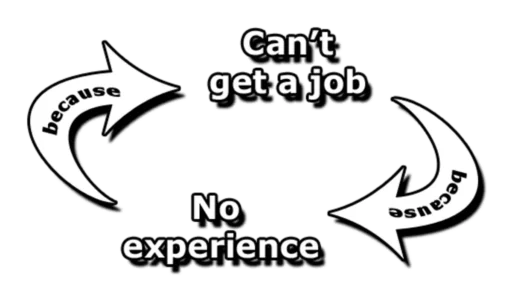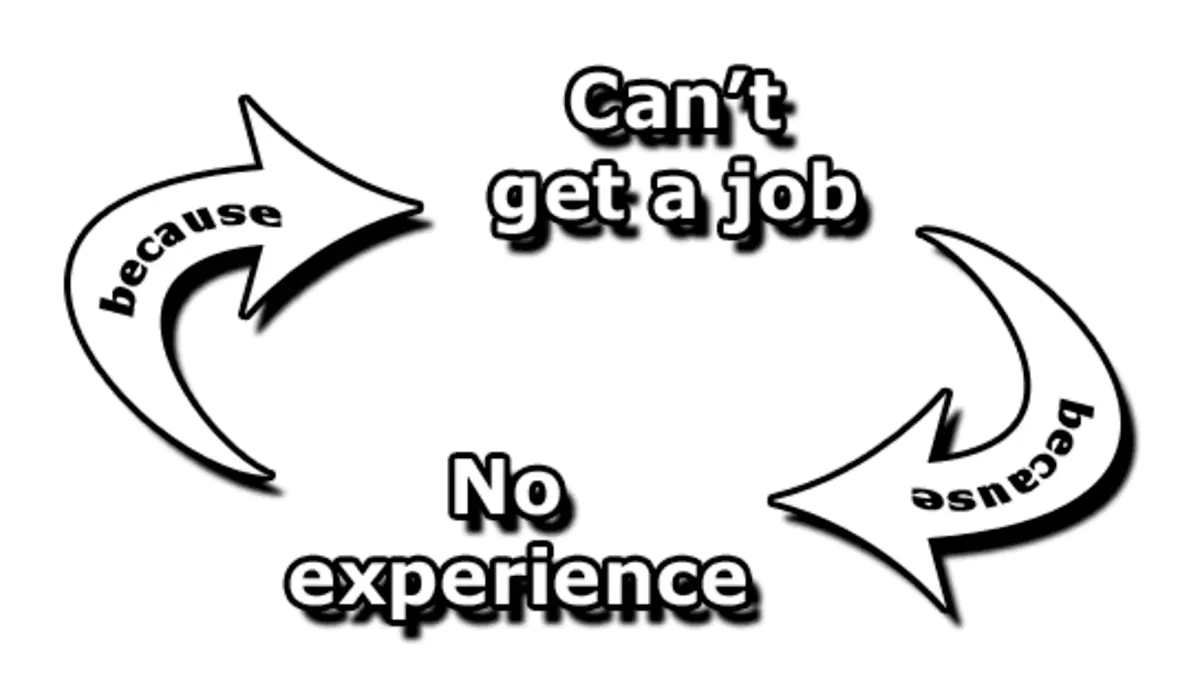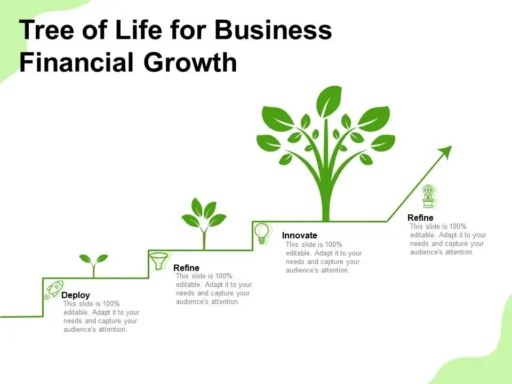Table of content
- 1. The Experience Paradox
- 2. Internships and Volunteering: The Stepping Stones
- 3. Freelancing and Side Projects: Build Your Portfolio
- 4. Networking: Leveraging Connections
- 5. Online Courses and Certifications: Learning by Doing
- 6. Mentorship: Guided Learning
- 7. Bonus
Reading time: 1.9 minutes
1. The Experience Paradox
Finding a job can be a catch-22: you need experience to get a job, but you need a job to get experience. This paradox can be incredibly frustrating for job seekers, especially for recent graduates or those looking to switch careers. Many companies list “experience required” on their job postings, making it seem impossible to break into a new field. However, there are strategies you can use to gain the necessary experience and make yourself a more attractive candidate.
2. Internships and Volunteering: The Stepping Stones

Internships and volunteering are fantastic ways to gain experience in your desired field. Even if these positions are unpaid, the experience and connections you gain can be invaluable. Many companies offer internships that can lead to full-time positions if you prove yourself. Volunteering for projects or organizations related to your field can also build your resume and show potential employers that you’re committed and proactive. Check out platforms like Internship.com for opportunities.
3. Freelancing and Side Projects: Build Your Portfolio
If you can’t find a full-time job or internship, consider freelancing or starting side projects. Freelancing allows you to work on real-world projects and gain experience, often with flexible hours. Websites like Upwork and Fiverr can help you find freelance gigs. Additionally, working on personal projects related to your field can help you build a portfolio that showcases your skills and dedication. This portfolio can be a powerful tool during job interviews, providing tangible evidence of your capabilities.
4. Networking: Leveraging Connections
Networking is crucial in any job search, but it’s especially important when you’re trying to gain experience. Attend industry events, join professional organizations, and connect with people in your desired field on LinkedIn. Networking can lead to mentorship opportunities, job referrals, and insider knowledge about open positions. Don’t underestimate the power of a well-connected network to help you gain the experience you need.
5. Online Courses and Certifications: Learning by Doing

While not a substitute for hands-on experience, online courses and certifications can help you gain knowledge and demonstrate your commitment to learning. Platforms like Coursera, Skillshare, and LinkedIn Learning offer courses that provide practical skills and certifications. Focus on courses that offer real-world projects or simulations, as these can be valuable additions to your portfolio. For instance, if you want to learn digital marketing, find a course that includes building actual campaigns.
6. Mentorship: Guided Learning
Finding a mentor can accelerate your learning and provide you with valuable insights. A mentor can offer advice, share their experiences, and help you navigate your career path. Look for mentors within your network or through professional organizations. Having a mentor can also provide you with opportunities to work on projects under their guidance, giving you the experience needed to land your first job.
7.Bonus
Since we don’t live in a perfect world, you can simply fake it till you make it go ahead. But remember that the market is already saturated with scammers and the real winner is the one who fake things more professionally than others.





